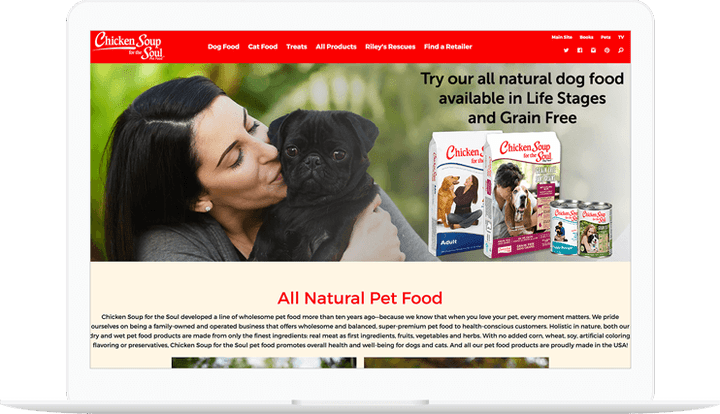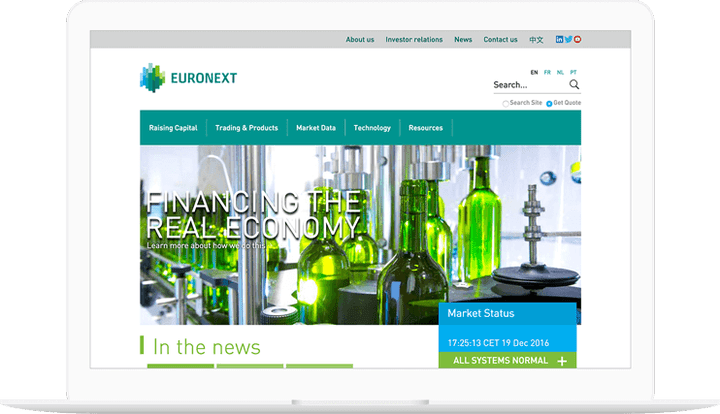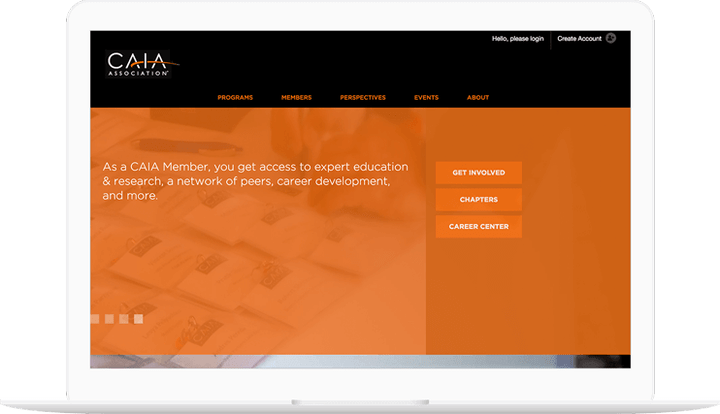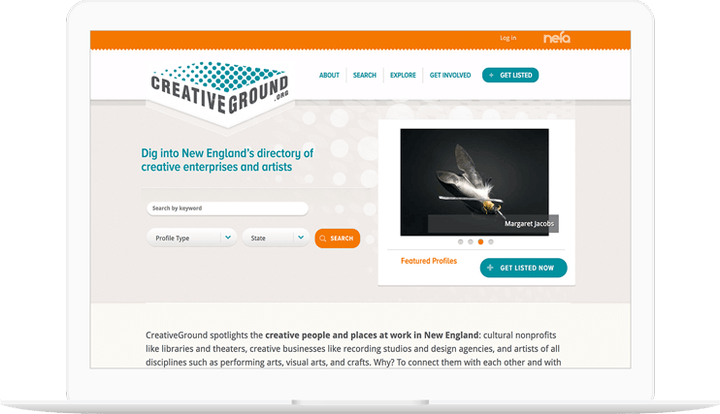We're proud to provide Drupal services.
Agile Drupal migration.
Swarthmore College
National Census of Writing.
A web data explorer for use by the general public and qualified researchers alike.

National Census of Writing.
Chicken Soup for the Soul
Pet food microsite, built in two weeks.
Leveraging our Scaffolding and Drupal 8.

Pet food microsite, built in two weeks.
HIAS
Continuous delivery to HIAS.
Helping the oldest international migration and refugee resettlement agency in the U.S.

Continuous delivery to HIAS.

NYSE Euronext.

Upgrading the CAIA Association.
University of Southern Mississippi
Implementing A Digital Media Strategy With Measurable Results
Using Drupal 8 and Acquia to increase site engagement on USM.edu

Implementing A Digital Media Strategy With Measurable Results
Competitive Advantage
Product discovery through faceted search.
Providing site shoppers an intuitive way to find and purchase products.
Product discovery through faceted search.

Consulting and continuous delivery.
Continuous delivery to the College of Natural Sciences.